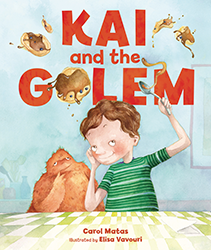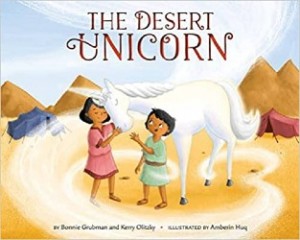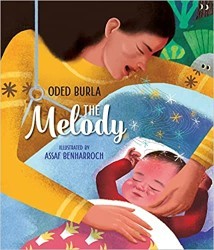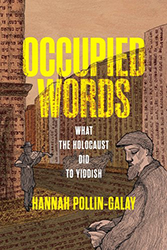The classic Jewish folktale about the crowded house that becomes even more crowded when the wise rabbi suggests adding farm animals to the mix has been told in countless versions over the years, some using the traditional village setting, others a variety of unique twists. This new take on the story is set in a modern-day school building and, when the story begins, the lunchroom is packed with students. It is so crowded that it’s hard to find a place to sit and food spills on everyone and everything. The students write a letter to Mrs. Mensch, the principal, asking for a solution to the problem. Much as the sage, learned rabbi in the original tale, Mrs. Mensch has her own methods that are not apparent to the students. The science fair displays are moved to the lunchroom, the classroom pets are relocated to the tables, and the sports teams are invited in for practice. When the students complain about the overcrowding, which is even worse than before, the sports teams return outdoors, the pets to the classrooms, and the science projects to the hallways. The students can now enjoy the roomy luxury of their “new” lunchroom.
An author’s note credits one version of the story, It Could Always Be Worse by Margot Zemach, as the inspiration for this rollicking book, with its amusing, cartoon-like illustrations and straightforward yet delightful prose. Babay retells Zemach’s story, citing the positive effect it has had on her life and highlighting the Jewish concept of sameach b’chelko, or being grateful for all one has. Babay also uses the opportunity to reflect on the overcrowding in many schools and the toll this takes on dedicated teachers. She expresses the hope that the situation will improve and gives a well-deserved nod to educators who teach in overcrowded schools, emphasizing that a positive point of view goes a long way in ameliorating conditions while working for change.
This charming take on the classic story can be used by parents and teachers to promote discussion, but it is also just plain fun.
Michal Hoschander Malen is the editor of Jewish Book Council’s young adult and children’s book reviews. A former librarian, she has lectured on topics relating to literacy, run book clubs, and loves to read aloud to her grandchildren.





